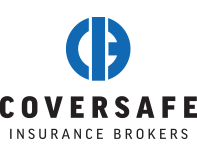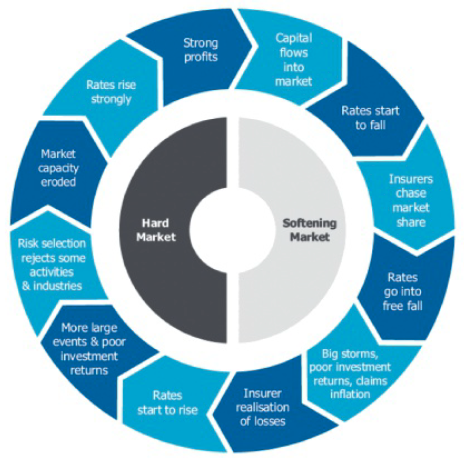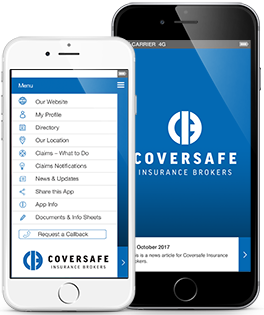When was the last time you thought about your insurance policy?
Are you sure you are covered? Don’t wait until you need to claim to discover your policy isn’t what you need.
If you’ve had the same insurance for a while it’s quite likely that your circumstances have changed since the policy was first taken out. As part of our client service we can handle your insurance cover management – this includes regularly reviewing your policies so that you have the correct level of cover. We identify new or emerging risks to your business and recommend necessary changes to your policy.
It’s good practice to not only review your policy annually but also when your circumstances change. A policy review needs to consider the following:
- Stock levels – if you have increased or decreased your stock level your policy should accurately reflect this value
- Staffing – a bigger or smaller team may affect the type and level of cover you need
- Equipment and other assets – if you have bought or sold any new business assets your premium will need to change to reflect these
- New risks – if the way you operate has changed you may have new risks to consider, also any new products, services or changes to sales channels, distributor to trade patterns may also change your insurance needs
- Turnover change – if your turnover has changed this will impact your business interruption policy
- Newly created entities or changes to directorships
How can we help?
We will save you time by researching and comparing your policy options using our expertise to provide options that best suit your needs. We will also ensure you have the correct levels and types of insurance at the most economical premium. As part of Steadfast we have access to Australasia’s largest network of policies and will take the hard work out of finding the right one for you.














